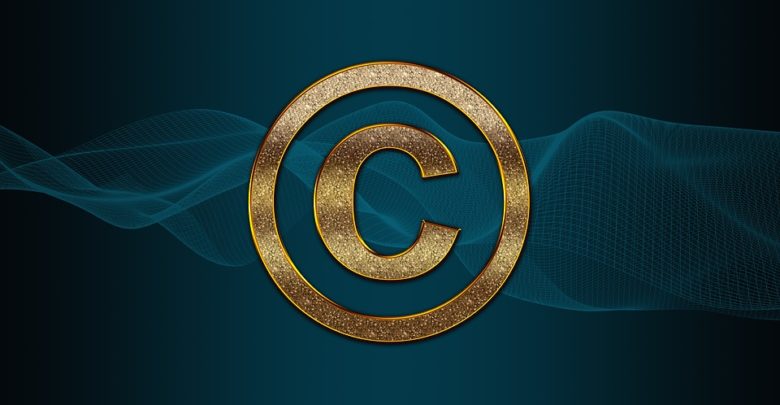Fundamentals of IPIntellectual PropertyUncategorized
Intellectual Property Rights and the Internet

Evolving precedents in the music industry
The MP3 Case
The problems caused by free downloads are most acutely felt by the music industry since with current technology, it is very easy to compress music files into a download enabling format known as MP3. Music files when converted to this format are easy to download and are amenable to massive copyright infringement. In fact, there is a case against MP3.Com Inc., (the organization responsible for introducing MP3 technology to the market) for this very reason.
The Recording Association of America (RIAA) sued MP3.Com Inc. claiming that MP3.Com had illegally built up a library of 40,000 albums that were copyrighted and that it had created a product called “Beam it” that allowed users to hear music, on any computer from their own CD collections. Judge Rakoff granted partial summary judgment against MP3.Inc., holding that MP3.Com’s argument that it was merely storing it’s subscriber’s CD’s (for which they had already paid) and allowing them to listen to these CD’s at their convenience, could not be construed as “fair use”.
The Napster case
Similarly, RIAA sued Napster 5, a company whose software allows users to share MP3 files of RIAA members’ recordings stored on their hard disks on-line. The Federal Judge ordered that the trial for copyright infringement should go ahead. Napster had applied for the claim against it for dismissal, arguing that even if it’s users were infringing copyright, Napster was a “mere conduit” and not directly responsible for copyright infringements on its network. It sought protection in the Digital Millenium Copyright Act, which provides that ISP’s which respond appropriately to complaints of infringement on their systems cannot be ordered to pay damages. The judge ruled that Napster’s service is unlike an ISP’s because it connects users through the Internet rather than connecting users to the Internet. Napster had to block access to some of its 3,35,000 users identified by the band Metallica, as having illegal copies of its songs available on the Internet.
While the Napster case is still at a preliminary stage, it appears that the US Courts are applying traditional copyright principles to disputes involving new technologies and to this extent the recording industry may feel that the Internet is a less hazardous environment in which it can operate.
Hyper-Linking
Linking is one of the primary means through which Internet users can quickly and conveniently navigate through the numerous websites on the Internet. In other words, it is an intended consequence of and fundamental to the nature of the World Wide Web. However, this does not mean that all instances of hyperlinking are legal. As linking is vital to the infrastructure of the Internet itself, a conflict between the right to free access to information on the Internet and its increased commercialization has increased. Chief among the issue raised by the practice of linking is:
-How deep into the pages of a web site may another web site link;
-Whether the information on the linked web site may be accessed without violating
existing trademarks & copyrights; and
-How the information obtained while “linked” to another site is presented to the Internet user.
The Ticketmaster Case
Hyperlinking may or may not lead to copyright infringement. The Ticketmaster 6 case would perhaps illustrate the ways in which a website owner might not take too kindly to hyperlinking. In this case, Ticketmaster Corp. operated a website offering event tickets that Ticketmaster had an exclusive right to sell. The site’s homepage featured advertisements and a directory of event pages, including information about how to order tickets through the site or by other means.
Ticketmaster sued a rival company tickets.com in the US District Court claiming that the tickets.com site featured “thousands of links that transported consumers to selected WebPages deep within Ticketmaster’s own site, bypassing its homepage and other pages. Ticketmaster contended that since most of its advertisements were present on its home page, the deep-linking by tickets.com, in effect violated interfered with its economic
relationship with its advertisers. However, the judge held that “hyperlinking” per se does not involve violation of the Copyright
Act, since there is no copying. However, the position is still unclear and it always better to seek the permission of the website owner before one thinks of offering a hyperlink from one’s site to the other site, and in particular with respect to deep-linking.
Stay Tuned for the next part on Trademarks!





